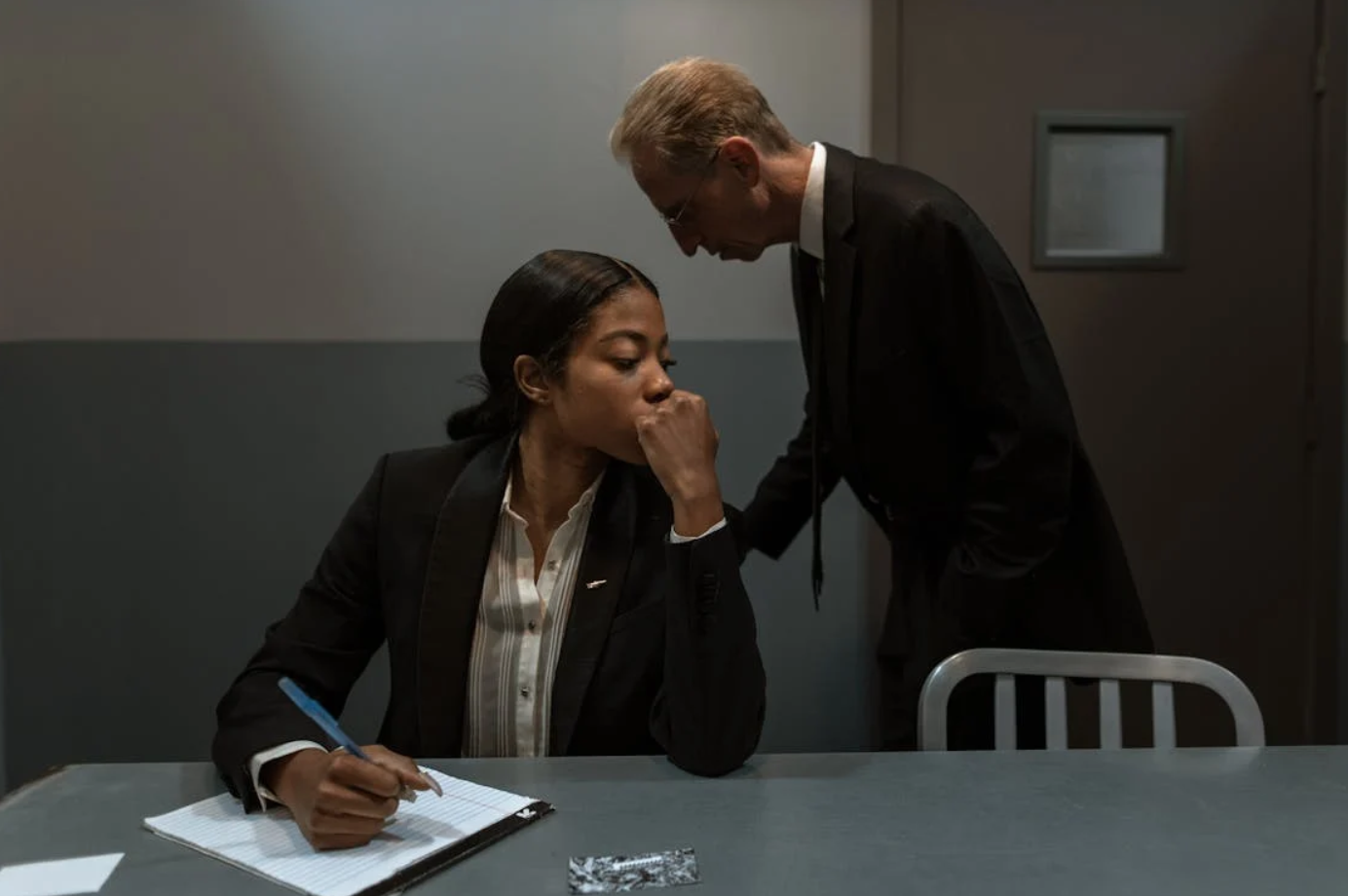Criminal defense lawyers play a crucial role in protecting the rights of individuals facing serious legal charges.
When facing legal challenges, the role of criminal defense lawyers becomes pivotal. They do more than represent their clients; they actively advocate for justice by scrutinizing the evidence presented against them.
Their skills not only involve understanding the intricacies of the law but also how to dismantle the prosecution’s case. This article explores the various strategies these legal professionals implement to challenge evidence effectively.
Understanding the Legal Framework
Criminal defense lawyers operate within a complex legal framework that dictates how evidence is obtained, presented, and evaluated. The foundation of a strong defense lies in an understanding of constitutional rights and the rules of evidence. The Fourth Amendment protects individuals from unreasonable searches and seizures. If evidence is obtained without a warrant or probable cause, it can be challenged in court.
The Eighth Amendment protects against cruel and unusual punishment, influencing plea bargaining and sentencing discussions. Defense attorneys meticulously analyze every aspect of a case that could affect a client’s rights and ensure that due process is followed during legal proceedings.
Challenging the Credibility of Witnesses
A significant part of a defense attorney’s strategy involves attacking the credibility of witnesses. Eyewitness testimony can often be unreliable due to various factors such as stress, poor lighting, or the duration of a sighting. In legal contexts, a defense lawyer might present psychological studies that demonstrate the fallibility of human memory, which, in turn, could lead to reasonable doubts regarding the prosecution’s evidence. Defense attorneys might also exploit inconsistencies in witness statements.
They can draw attention to inconsistencies that weaken the prosecution’s case by carefully cross-examining witnesses. Crafting a narrative that suggests motive or bias on the part of these witnesses can sway a jury’s perception, making them reconsider the reliability of the presented evidence. Looking through a local Criminal Defense Attorney Network could provide insight into professionals that might have the expertise you need. Defense attorneys may also introduce expert testimony to highlight how external influences, such as media exposure or suggestive questioning, can distort a witness’s recollection.
They might uncover past incidents where a witness has given contradictory statements in other cases, further diminishing their reliability. A powerful defense can raise reasonable doubt and change the verdict in the defendant’s favor by methodically dissecting the prosecution’s most important testimony.
Employing Forensic Challenges
With advancements in technology, the use of forensic evidence has surged in criminal cases. Defense attorneys often challenge such evidence by employing experts who can dispute the findings presented by the prosecution. By bringing in independent forensic specialists, lawyers can effectively argue that the methods used to collect or analyze evidence were flawed or outdated.
DNA evidence, while often seen as conclusive, can be contested based on how samples were gathered or processed. In some instances, contamination or mishandling of samples can lead to erroneous results. A seasoned criminal defense attorney will know how to dismantle the prosecution’s forensic arguments, reinforcing the concept that guilt must be proven beyond a reasonable doubt.
Negotiating Plea Deals
Negotiating a plea deal is a common strategy employed by defense lawyers, especially when the evidence against a client appears overwhelming. A skilled attorney will assess the strength of the case and weigh the potential risks and benefits associated with proceeding to trial versus accepting a plea. Through negotiation, they can seek reduced charges or lesser sentences, all while advocating for their client’s best interests.
The decision to enter a plea deal is often complex, requiring the defendant to consider long-term implications. A lawyer will provide guidance about the potential outcomes of a trial versus the security of a plea, ensuring the client is empowered to make informed choices. This negotiation process can directly impact the course of a case, potentially leading to reduced consequences and a more favorable resolution.
Investigative Techniques
Criminal defense lawyers often utilize various investigative techniques to challenge the prosecution’s evidence. This includes gathering additional evidence, interviewing witnesses, and consulting with experts in relevant fields. By conducting their investigations, defense attorneys can uncover information that the prosecution may have overlooked or suppressed.
This proactive approach ensures that the defense case is as robust as possible. Investigation might also involve looking into the backgrounds of key witnesses or their affiliations. Understanding potential biases, motives, or connections can be crucial in undermining the prosecution’s case. Effective investigation ensures that a defense attorney can present a strong counter-narrative, reinforcing their client’s innocence or reducing liability.
Appeals and Post-Conviction Relief
Even after a conviction, the role of a criminal defense attorney does not cease. There are several avenues for appeal and post-conviction relief that lawyers can pursue on behalf of their clients. Grounds for appeal can include procedural errors, new evidence that surfaces, or ineffective assistance from legal counsel during the initial trial.
Lawyers specialized in appeals often focus on legal arguments that question the fairness of the trial process or evidence handling. They seek to overturn unjust convictions, highlighting any breaches in protocol that might have compromised the integrity of the case. Persistence in pursuing appeals can result in overturned convictions or reduced sentences, reaffirming the attorney’s commitment to justice.
Attorneys may also file motions for post-conviction relief, such as seeking sentence modifications or presenting habeas corpus petitions if constitutional rights were violated. In some cases, advancements in forensic technology allow for the reexamination of evidence, which can lead to exonerations.

Courtroom Strategies
In the courtroom, defense lawyers employ a variety of strategies to challenge the evidence against their clients. These may include jury selection techniques to minimize bias, crafting compelling openings, and skilled closing arguments to persuade jurors. The goal is to create reasonable doubt in the minds of jurors regarding the prosecution’s claims. One effective strategy is presenting alternative explanations for the evidence presented by the prosecution.
This could involve placing the client in a different location at the times of the alleged crime or introducing evidence that would suggest another party’s culpability. Lawyers might try to influence the jury to find in their client’s favor by providing a thorough picture of reasonable doubt. Criminal defense lawyers play a crucial role in protecting the rights of individuals facing serious legal charges.
Their ability to scrutinize evidence, challenge witness credibility, and employ strategic legal maneuvers is essential in the fight for justice. With a commitment to defense and a comprehensive understanding of legal principles, these attorneys ensure that everyone receives a fair trial.


Join the conversation!